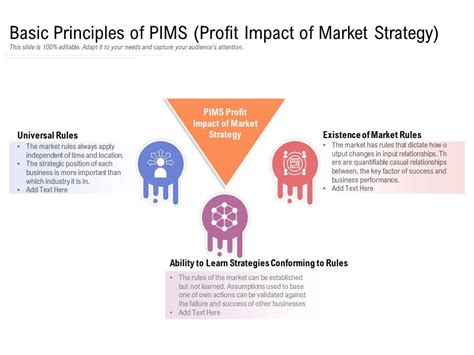The impact of market capitalization on investment strategies in cryptocurrency
In the rapid evolution of cryptocurrency, market capitalization has become a crucial factor for investors to consider when making investment decisions. Because the value of cryptocurrencies such as Bitcoin, Ethereum and others continue to fluctuate wildly, understanding how market capitalization affects investment strategies is essential for maximizing the yield, while reducing the risks.
What is market capitalization?
Market capitalization refers to the total value of all the outstanding actions or units of the stocks or cryptocurrency of a company. Represents the number of coins or chips that have been issued and are currently traded. To calculate the market capitalization, investors can multiply the current price per share with the total number of outstanding shares.
Impact on investment strategies
- Risk reward ratio : A larger market capitalization indicates a higher risk reward ratio for investors. Because the value of cryptocurrencies is extremely volatile, even small prices movements can lead to significant losses or gains. Lower risk tolerance investors may prefer lower market lid coins such as Monero (XMR) or Dash (Dash), which tend to be more stable.
- Liquity : Market capitalization also affects liquidity. A larger market capitalization generally translates into better liquidity, which makes investors easier to buy and sell their cryptocurrents at predominant market prices. This is particularly important for high risk investments such as Bitcoin (BTC).
- Volatility : The relationship between market capitalization and volatility is more complex. While a larger market ceiling can reduce short -term price fluctuations, long -term volatility of certain currencies may be higher due to factors such as supply and demand imbalances.
- Diversification : Market capitalization plays a crucial role in diversifying investment portfolios. Investment in a single cryptocurrency with a high market capitalization reduces exposure to potential losses if this private currency has significant price movements.
Investment strategies based on market capitalization
- Value investments : For value investors, those who focus on buying small prices and long -term possession, market capitalization is a smaller problem. They can benefit from lower volatility and increased potential for higher yields.
- Investments based on feelings : Investors based on feelings analyze investors’ feelings and market trends to make decisions on investments in specific cryptocurrencies. Market capitalization affects this strategy, because it offers an image of the general disposition of the market, which is reflected in the behavior of investors.
- Fundamental analysis : Fundamental analysts evaluate the fundamental value of a currency by analyzing its price-price ratio (P/E), the efficiency of dividends and other intrinsic values to determine if it is overvalued or underestimated in relation to the highest market.
Precautions and risks
While understanding the impact of market capitalization on investment strategies may be useful, there are several caution and risks to consider:
- Lack of transparency : Market capitalization data may not always be publicly available, which can lead to inaccuracies in assessing the value of a currency.
- Regulatory risks : Changes in regulatory or market tendencies can affect the value of cryptocurrencies and their corresponding market capitalizations.
- Excessive surveillance on the market ceiling

: Too much concentration on market capitalization can cause investors to overlook other important factors, such as technical analysis, fundamental values and personal risk tolerance.
Conclusion
In conclusion, understanding how market capitalization affects investment strategies is crucial for making knowledge in the world in the rapid evolution of cryptocurrency.

Leave a Reply